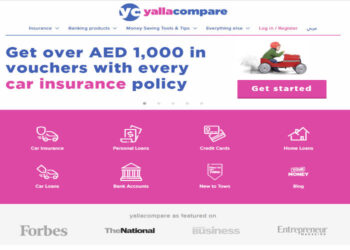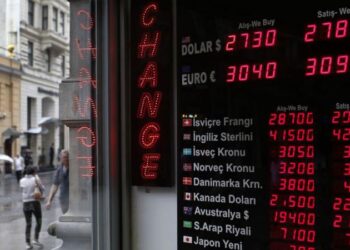Iran is considering the development of new financial products, including insurance-linked securities and Islamic bonds, to alleviate the US sanctions on its economy. The aim is to provide local firms funding options to weather the financial pressures, according to Reuters.
The recent collapse of the nuclear agreement after the US unilaterally withdrew from the Joint Comprehensive Plan of Action, known as “Iran Deal” brings the country back into a financial impasse.
The latest economic indicators present a gloomy picture and confirm the dire situation. Annual inflation hit an over 4 years high of 24.2% in August 2018. The national currency, “Rial”, has come under severe pressure and has lost 16% of its value.
The report from Reuters suggests that Iran’s Securities and Exchange Organisation (SEO) is looking into improving the fiscal policy by introducing a range of financial products as a way to increase the sources of funding for domestic companies. All the products will be structured as to obey the religious laws of the country since Iran is an Islamic republic.
Tapping the ILS Market for Reinsurance
The big challenge facing the Iranian authorities is that of insurance, especially reinsurance. With specialist markets like the Lloyd’s of London underwriting market not accessible due to international sanctions, they have to source reinsurance elsewhere. This comes with its own unique set of hurdles aside from compliance to Islamic law.
Insurance-linked securities (ILS) are essentially financial products that can help insurers mitigate risk by raising capital on policies that would otherwise be very expensive to sustain especially when claims are made. Insurance policies are valuable assets in their own right and insurers can sell asset-backed notes to investors to release some of that value.
The move towards the ILS market is in the early stages as there are still a lot of areas that need addressing and compliance to Islamic laws. As such, the Iranian government is having to restructure its economic operations to allow financial products onto the market that are suitable for investment against the religious backdrop.
Tapping into the ILS market comes with trappings that could be construed as violating Islamic principles, so the Iranian government is being very careful about how these products are made available and how they operate.
In addition to ILS the SEO is looking into Islamic bonds (Sukuk), which have long been considered fine under Sharia laws, and make these more available to stimulate the capital market.
Islamic Bonds
Islamic bonds have been specifically designed to meet Islamic regulation and provide investors with a secure means to generate a return on their investment. Typically, a traditional bond would pay interest but with an Islamic bond they will pay profit.
Normally these are security backed investments attached to real estates or commodities. Investors will then collect the rent as a profit on the bond and because investors will own something tangible, it is considered a stable and non-speculative investment.
The global Sukuk market reached a record in 2017 amounting to $116.7 billion, an impressive 32% increase in volume from the $87.9 billion in 2016. The increase in volume was mainly due to sovereign Sukuk issuances by Saudi Arabia coupled with steady issuances from Asia, the Gulf countries in the Arabian Peninsula and Africa.
The Sukuk market in Iran is not well developed and represents less than 1% of the global issuances with nearly $1.4 billion. However and according to financial broker Agah Group, a member of the Tehran Stock Exchange, the size of total Sukuk issues on Iran Debt Market increased by an astonishing figure of 500%.
The Securities and Exchange Organisation is also looking into other products such as warrants and crowdfunding.






